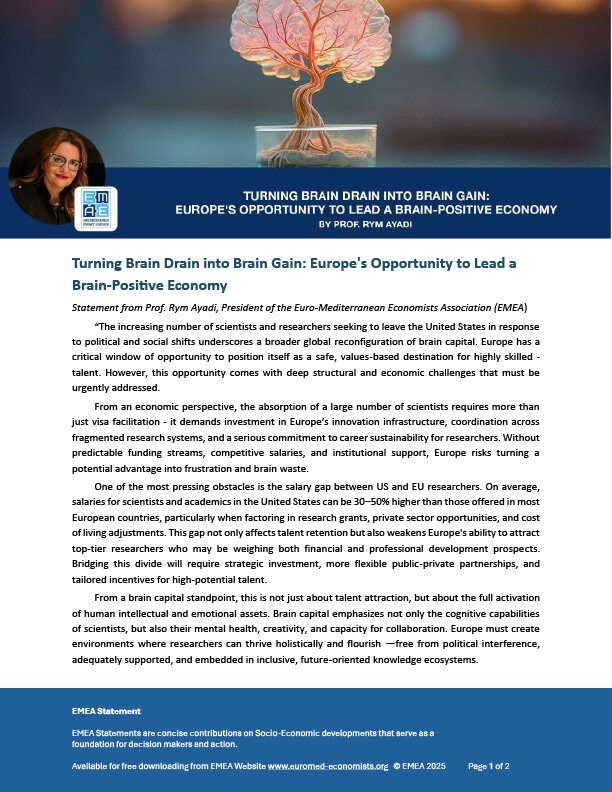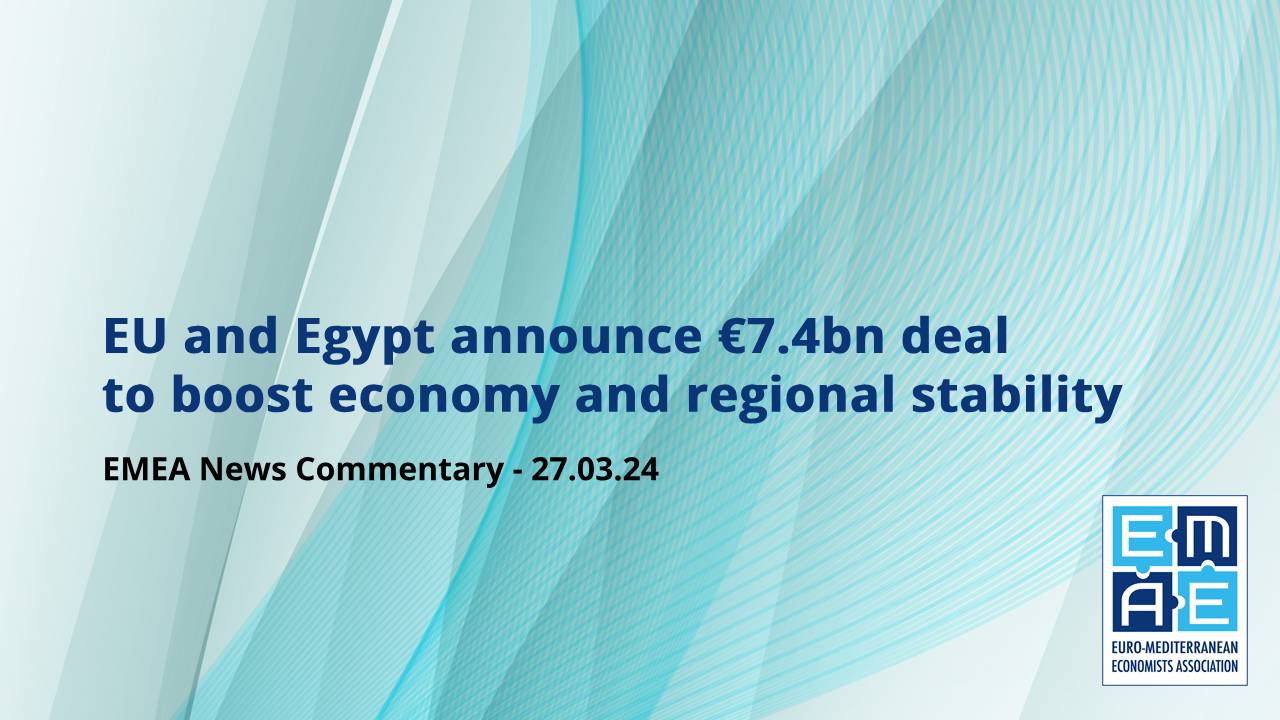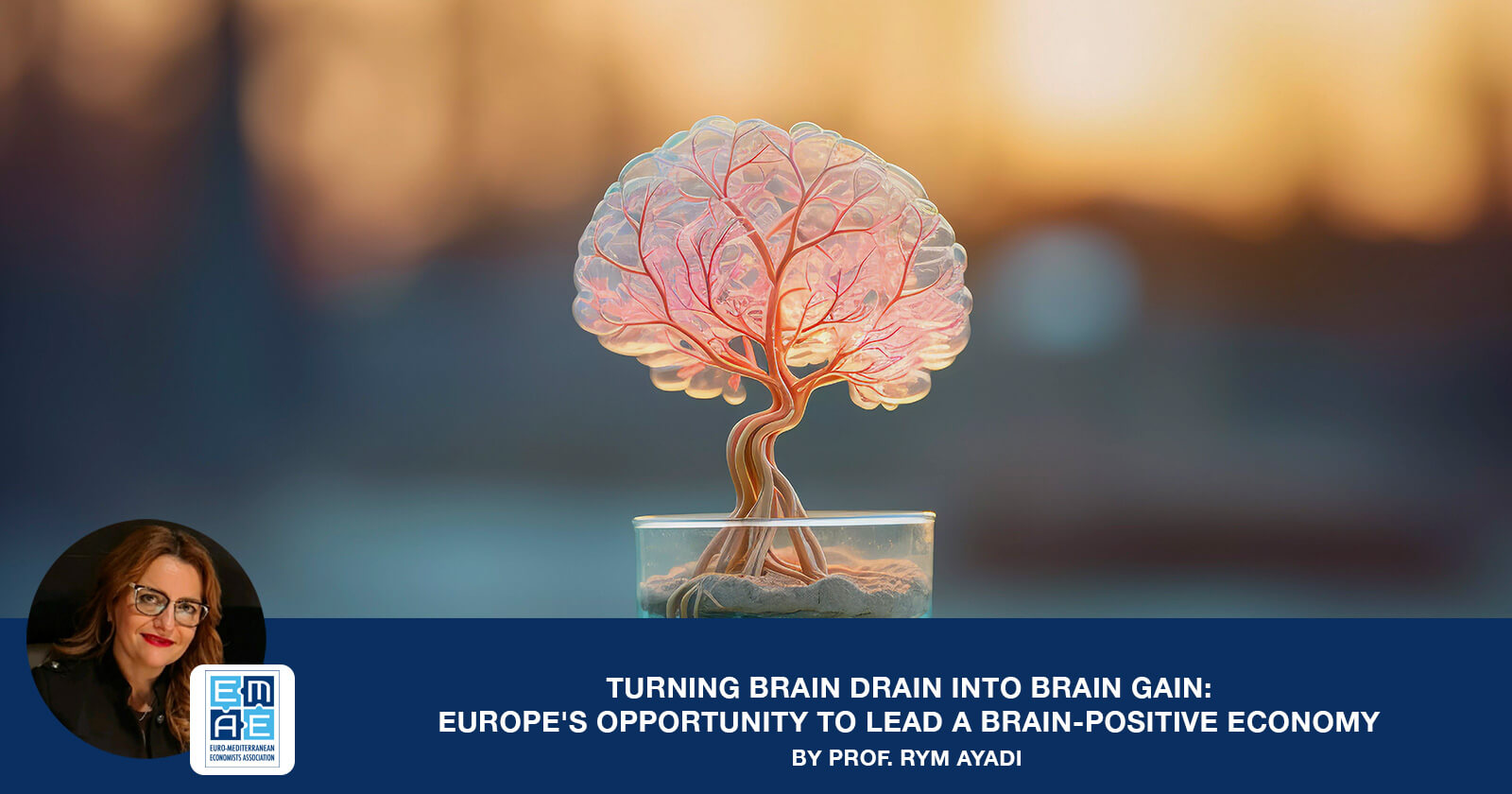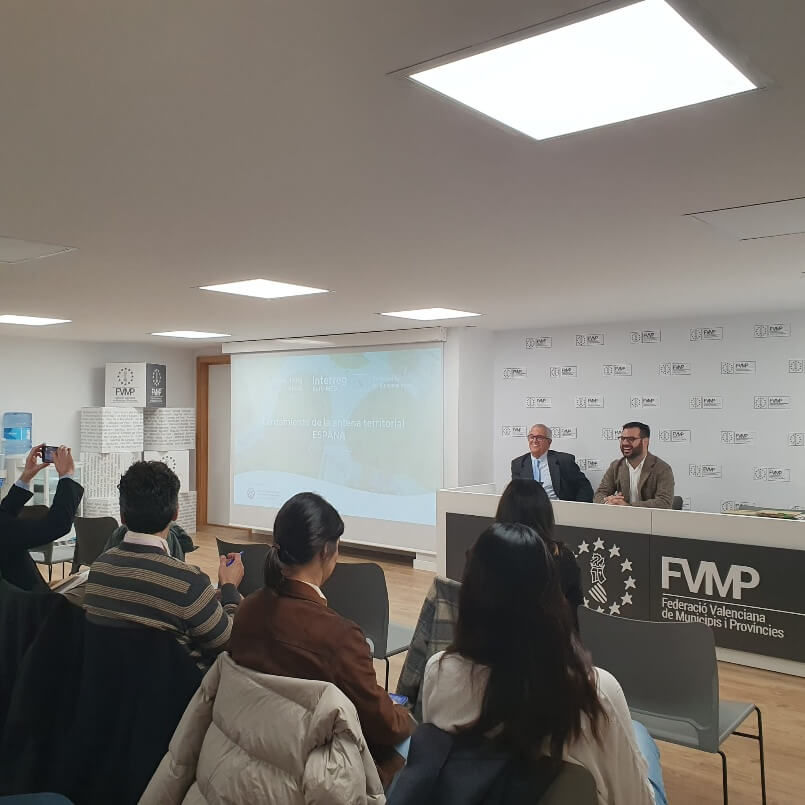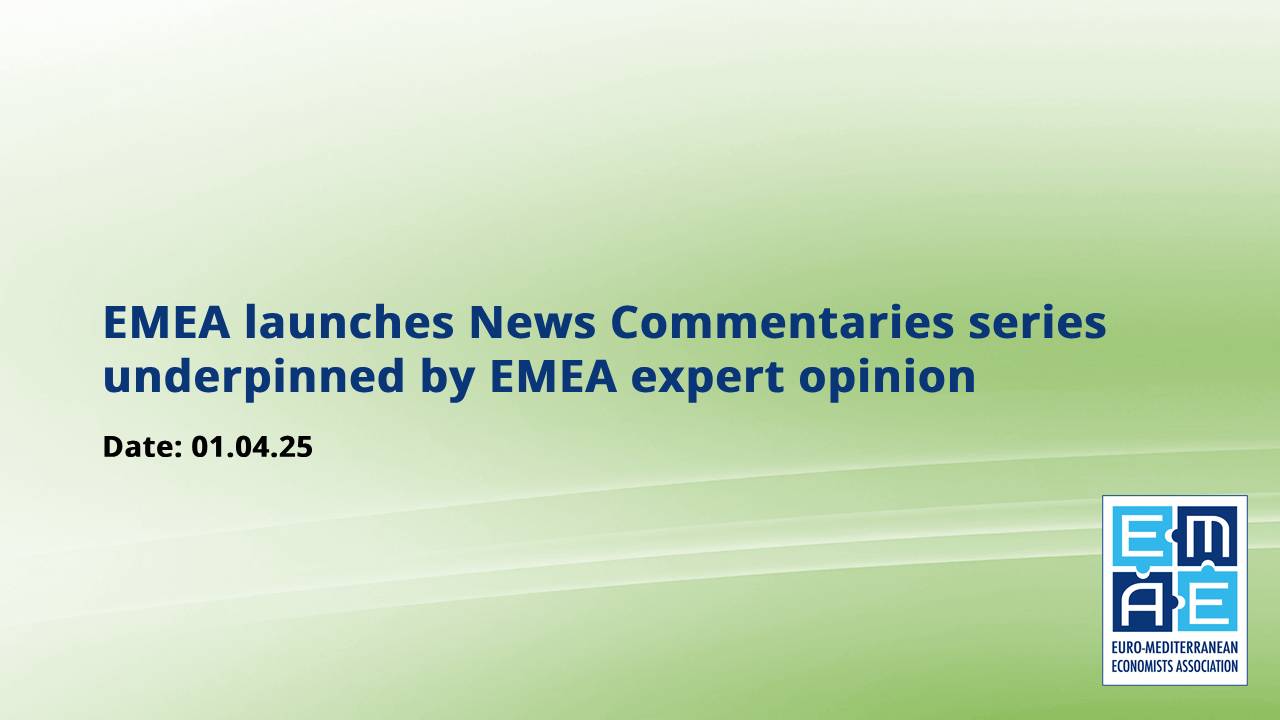EU leaders have, in recent days, agreed a three-year, €7.4bn strategic partnership deal with Egypt. The arrangement is geared towards supporting “the country’s faltering economy, in an attempt to bring stability to the troubled region and avert another European migration crisis.”
As reported in the Guardian newspaper, the agreement involved:
- €5bn in soft loans to encourage economic change
- €1.8bn to support investments from the private sector
- €600m in grants – including €200m for migration management.
The newspaper said the agreement in Cairo was “part of the bloc’s latest attempt to stop people crossing the Mediterranean.” It was, however, “much broader in scope than last year’s controversial €150m deal with Tunisia,” which had come in for strong criticism from MEPs.
Hosted by Egyptian President Abdel Fatah al-Sisi, the European Commission delegation was led by its President, Ursula von der Leyen and included the prime ministers of Italy, Greece, Austria, Cyprus and Belgium.
Ms von der Leyen told Sisi that the presence of six European leaders was indicative of the importance of the EU’s relationship with Egypt and shared strategic interests in stability and prosperity.
“And given your political and economic weight as well as your strategic location in a very troubled neighbourhood, the importance of our relations will only increase over time,” she informed him.
Unleashing the full potential of the EU-Egypt relationship
The four-page Joint Declaration included commitments on human rights, stating a pledge that both sides “will continue to work on their commitments to further promote democracy, fundamental freedoms and human rights, gender equality and equal opportunities, as agreed in the partnership priorities.”
Specific areas were highlighted in the Strategic Partnership Document, namely: political relations, macroeconomic stability, sustainable investment and trade, including energy, water, food security and climate change, migration, security and human capital development.
“The European Union acknowledges Egypt as a reliable partner, as well as Egypt’s unique and vital geo-strategic role as a pillar of security, moderation and peace in the region of the Mediterranean, the Near East and Africa,” the Statement declared.
The two parties had “reiterated their commitments to build on their long-standing relationship that was forged by close geographic, cultural, political, economic and people-to-people ties, with the aim of deepening their shared stability, peace and prosperity,” the Statement said, adding: “The implementation of these areas should unleash the full potential of the Egypt-EU relationship.”
The Guardian reported that Von der Leyen had also “used the occasion to renew a plea for a ceasefire in Gaza, the release of all hostages and urgent aid for Palestinians.”
Reaffirming rights of the Global South
The paper reported that European governments had “long been worried about the risk of instability in Egypt.” The country had struggled to raise foreign currency, with economic adversity and poverty pushing “increasing numbers to leave the country in recent years.”
Italy and Greece – both represented in the EU delegation – were “particularly concerned about the risk of another migrant crisis, both from Gaza and in Egypt, where “about nine million migrants and refugees” were currently being hosted, according to the UN’s International Organisation for Migration.
Italian Prime Minister, Giorgia Meloni, said that in addition to dismantling people-smuggling traffickers, the best way for the global north to persuade people in the global south not to emigrate to Europe was “to reaffirm their rights” in the African continent and to help develop their economies.
However, the EU-Egypt strategic partnership deal has been criticised by Human Rights Watch, who said it would “reward Egypt’s autocratic leader.” Sisi’s government had been responsible for “suppressing opposition, jailing critics and stifling media and civil society.”
Its statement added: “Now this abysmal repression is being rewarded with fresh support from the EU.”
Mindful of the recent MEP furore surrounding the EU deal struck with Tunisia, where Brussels had been accused “of bankrolling dictators,” the EU said of this latest partnership agreement that it had “strived to work with its neighbours and help improve democracy and human rights compliance through partnerships rather than breaking off relations with them.”

